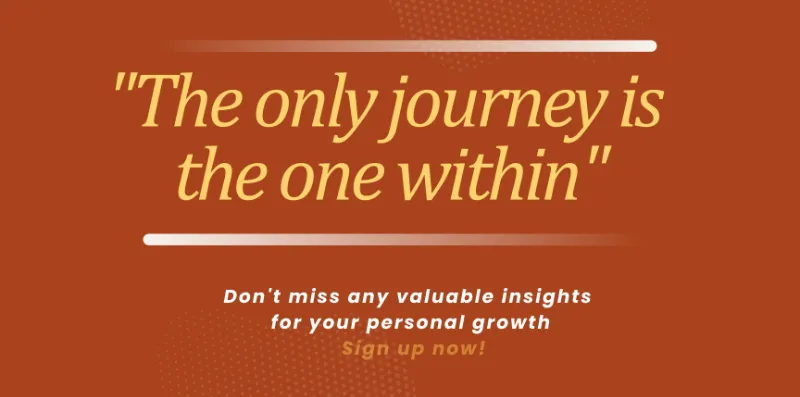Master the Art of Authenticity: Spotting Fakes and Finding Your True Self
Hello there! Have you ever doubted someone's sincerity during a conversation? We all possess an inner "authenticity detector" that intuitively picks up on insincere or inauthentic behavior. But the more pertinent question is: how genuine are we in our personal and professional lives? This article takes a heartfelt look at authenticity, how to uncover it within ourselves and others and cultivate it using self-reflection, emotional intelligence, and self-awareness.

At its core, authenticity is about honoring our truth and values. It means expressing sincerity in our interactions and refraining from adopting masks to impress or please others. Authenticity is foundational for establishing trust and forging meaningful personal and professional relationships.
Once, while interviewing for a job, I was asked about a difficult decision I had made against prevailing norms. Despite initial hesitations, I chose to share my truth. Interestingly, the interviewer appreciated my candidness, teaching me that authenticity can shine even in nerve-wracking situations.

The Path to Self-Discovery: The Journey to Authenticity and Personal Growth
It's completely normal to sometimes feel disconnected from our true selves. However, the good news is that we possess the tools to better align with our genuine selves.
Self-reflection and introspection are potent tools to this effect. Let me share an example to illustrate the difference between these two. Imagine a recent disagreement with a friend that upset and puzzled you.
Self-reflection involves stepping back to reflect on the disagreement, and striving to understand the situation from both your friend's and your perspectives. Meanwhile, introspection dives deeper into your mental and emotional state, allowing you to explore your internal dialogues and emotional responses.
Emotional intelligence is another vital aspect of authenticity. It empowers us to acknowledge and manage our own emotions while understanding and empathizing with the emotions of others.
So, with emotional intelligence, you might approach the situation like this:
- Firstly, you would recognize and manage your emotions, stepping back to acknowledge your feelings about the disagreement. Instead of reacting impulsively, you would take time to process and understand these emotions.
- Next, you would strive to understand your friend's emotions, seeking to comprehend why they reacted as they did. By stepping into their shoes, we can gain a fresh perspective on the situation and work towards resolving the disagreement.
We can embark on the enriching journey of self-discovery through self-reflection, introspection, and emotional intelligence. It might seem daunting initially, but by stepping out of our comfort zone and dedicating ourselves to personal growth, we can unlock our potential and lead more fulfilling lives.

The Charm of Authenticity: Why Trustworthy People Are So Endearing
Authentic people are like a breath of fresh air, aren't they? They have a certain appeal that is hard to resist, mainly because they are trustworthy.
However, inauthentic people can initially seem genuinely charming and convincing, making it challenging to discern their true nature. This highlights the significance of being able to distinguish between authentic and inauthentic individuals.
The journey towards becoming an authentic individual involves deep self-exploration. It's about reflecting on our identity, what we value, and how we aspire to lead our lives.
Developing self-reflection, introspection, and emotional intelligence can enhance our self-awareness, enabling us to lead more fulfilling lives. However, becoming authentic is a process that requires patience, courage, and vulnerability.
"The journey towards authenticity might be arduous, but the rewards are genuinely worth it!"

Are you looking for a weekly dose of inspiration to stay true to yourself and live your best life?
Subscribe to our weekly newsletter of inspirational insights from the greatest minds ever!
Let the wisdom from philosophers, writers and influential figures encourage you to embrace your uniqueness, overcome obstacles and live an authentic life.
Each quote will come with my comments to help and inspire you on your journey towards authenticity.
Receive a weekly reminder to be authentic and live your best life.
